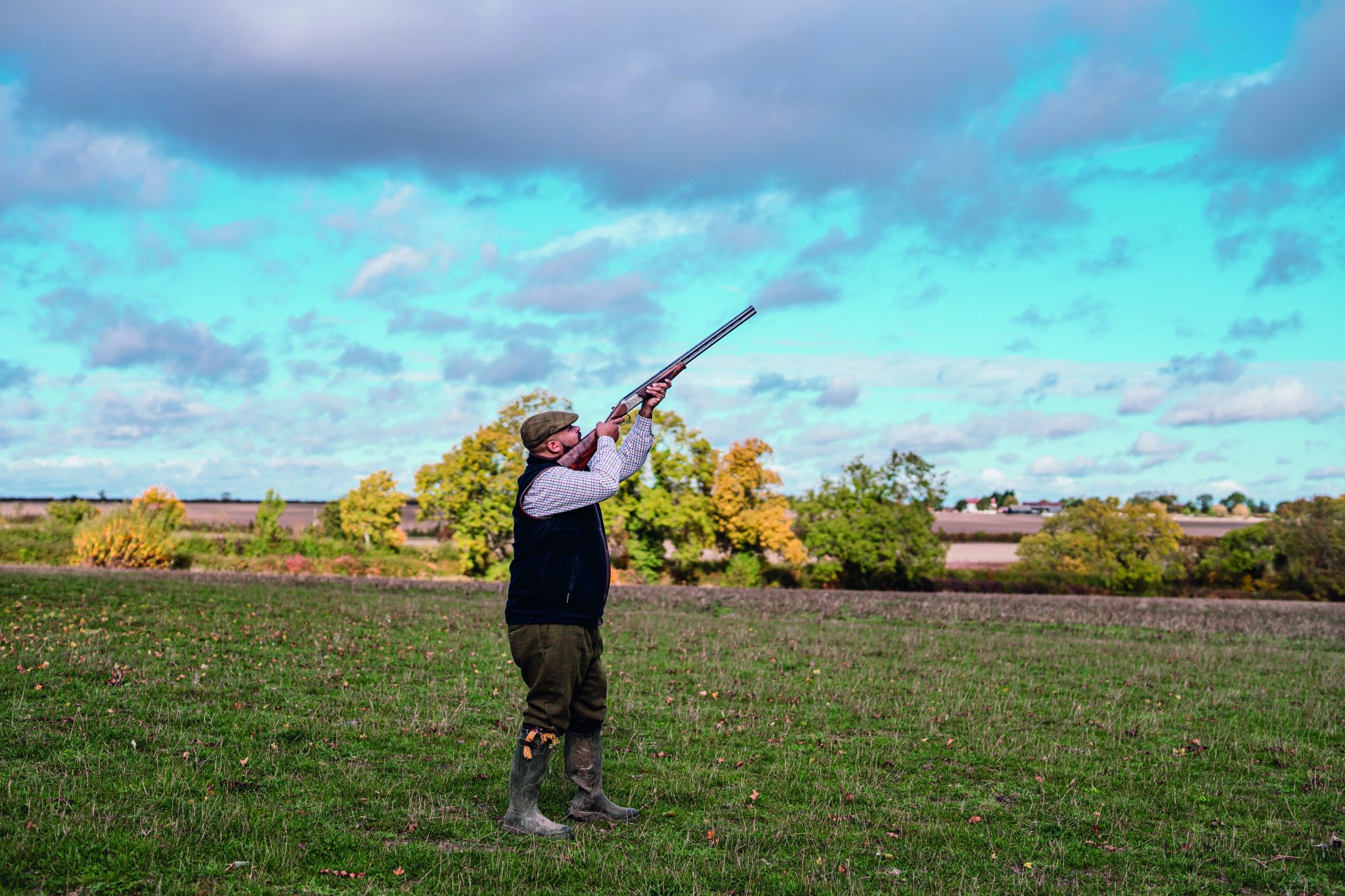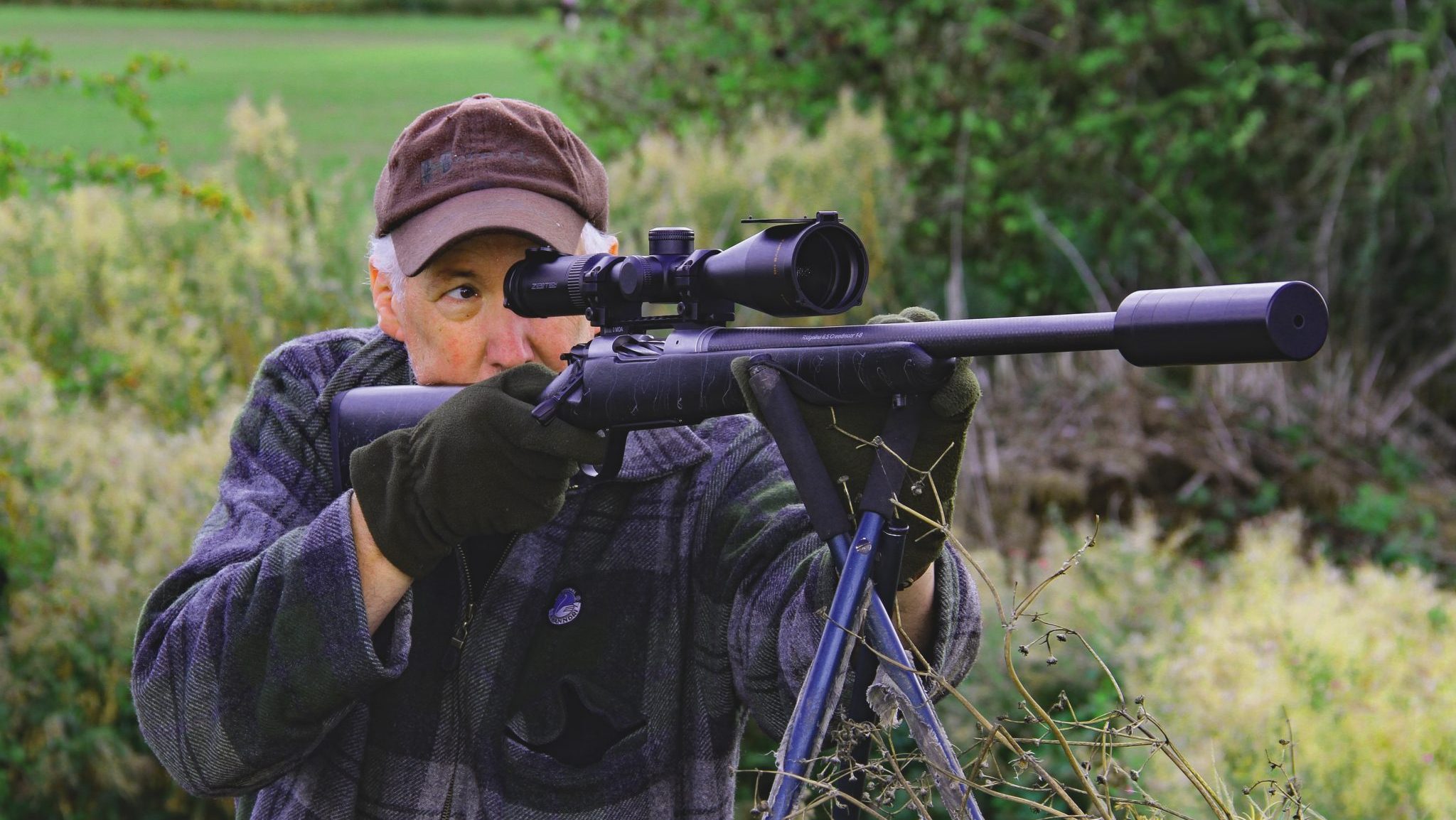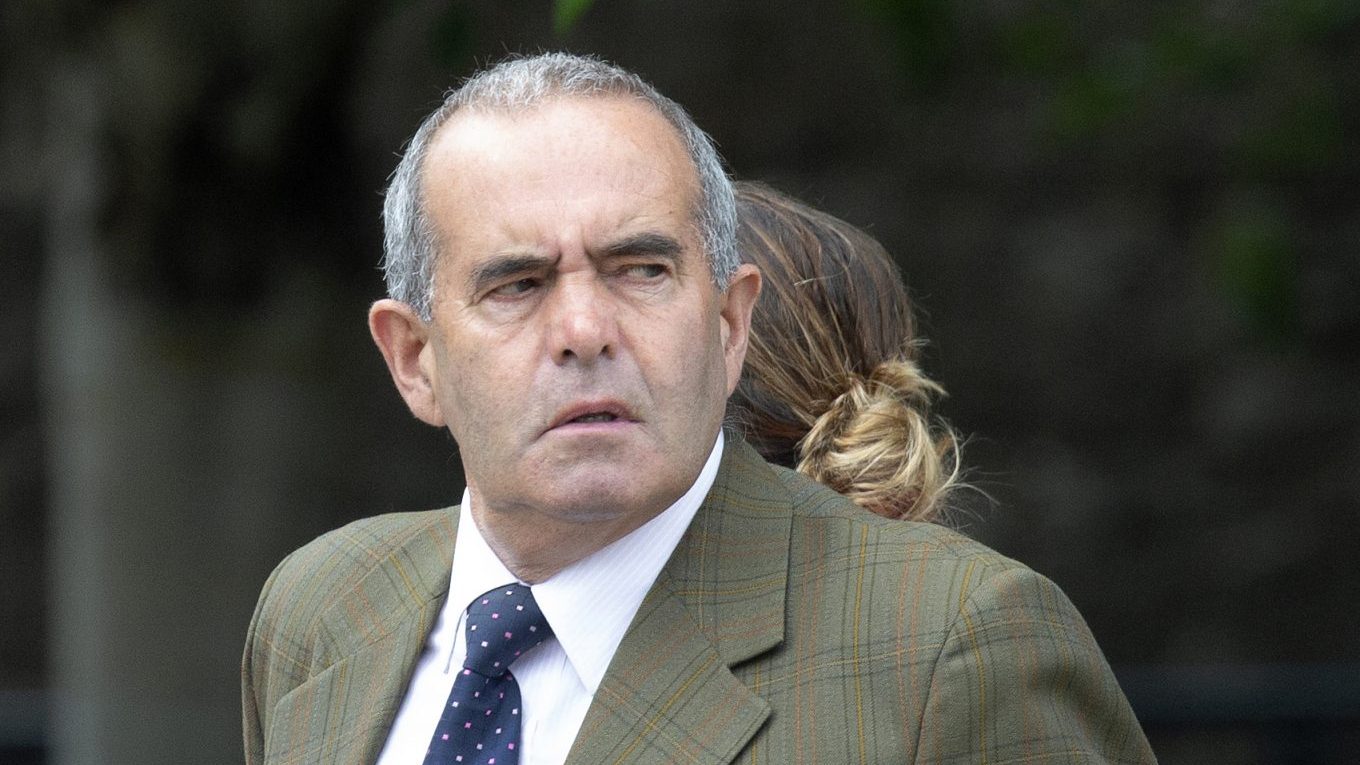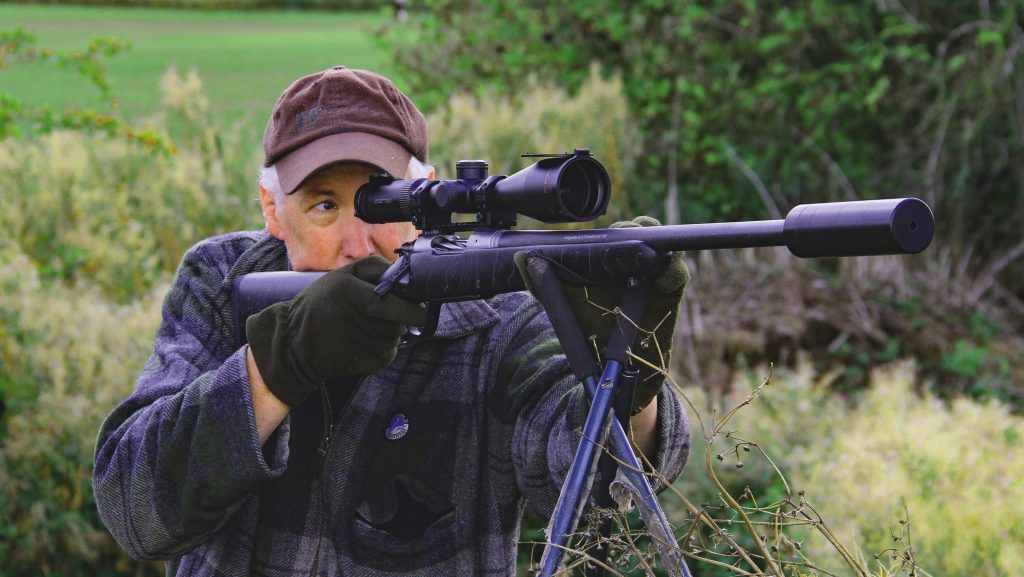★ Win a Schöffel Country shooting coat for everyone in your syndicate worth up to £6,000! Enter here ★
Shoots in limbo – and Defra won’t say why
Defra’s silence over scrapping General Licence 45 puts rural livelihoods at risk, says BASC, as it takes the first formal step towards legal action

The British Association for Shooting and Conservation (BASC) has warned Defra that it may take legal action following the decision not to renew General Licence 45 (GL45) for the upcoming season. The move has left shoots in limbo during a critical planning period.
What’s General Licence 45 (GL45)?
GL45 previously permitted the release of pheasants and red-legged partridges on or near Special Protection Areas (SPAs), under strict environmental conditions. It was seen as a balanced solution between sustainable gamebird release and wildlife conservation.
Why Defra is withdrawing the licence
Defra has confirmed the licence will not be reissued in 2025, citing ongoing concerns about avian flu. According to its website, “it is currently not possible to rule out the risk of highly pathogenic avian influenza spreading to the bird features present on SPAs.”
However, no further evidence or updated risk assessments have been made public. BASC says the lack of transparency is leaving shoots and game managers disadvantaged, with little clarity on how to proceed.
What shoots must do now
From now on, anyone planning to release gamebirds on or near SPAs must apply for an individual licence through Natural England. This can take several weeks and often involves detailed ecological surveys. BASC says that without clear guidance from the government, it’s extremely difficult for landowners and gamekeepers to prepare sound applications or plan for the season.
BASC issues legal challenge to Defra
In response, BASC has issued a pre-action protocol letter—the first formal step toward legal proceedings. Chief Executive Ian Bell stated:
“This is not just about process – it is about livelihoods and trust in how decisions are made… Defra’s failure to provide adequate reasons or evidence has undermined that trust.”
Stuart Farr, a solicitor specialising in countryside law, told Shooting Times that a pre-action protocol letter can be used to compel transparency around how a government policy decision is made. In this case, it could help determine whether the licence decision was properly justified or flawed.
Wider criticism of Defra’s disease control strategy
This comes shortly after the National Audit Office criticised Defra’s handling of animal disease outbreaks. The report found that Defra relies on reactive rather than long-term strategies and identified weaknesses in planning, staffing, and infrastructure.
What happens next?
Defra is expected to respond to BASC’s letter in the coming weeks. If it fails to provide a robust explanation, the issue could move to the courts. When asked for comment, a Defra spokesperson said:
“We cannot comment on ongoing legal proceedings.”
Related Articles
Get the latest news delivered direct to your door
Subscribe to Shooting Times & Country
Discover the ultimate companion for field sports enthusiasts with Shooting Times & Country Magazine, the UK’s leading weekly publication that has been at the forefront of shooting culture since 1882. Subscribers gain access to expert tips, comprehensive gear reviews, seasonal advice and a vibrant community of like-minded shooters.
Save on shop price when you subscribe with weekly issues featuring in-depth articles on gundog training, exclusive member offers and access to the digital back issue library. A Shooting Times & Country subscription is more than a magazine, don’t just read about the countryside; immerse yourself in its most authoritative and engaging publication.







